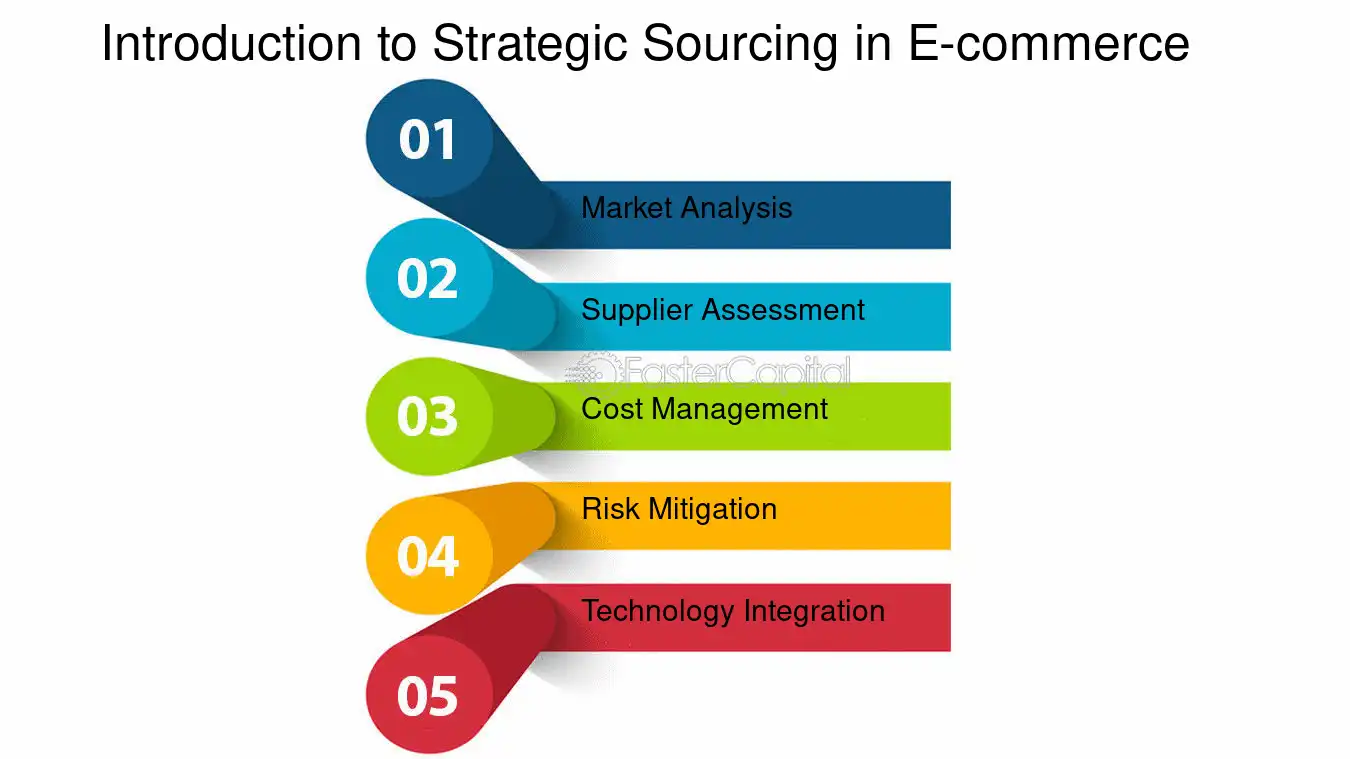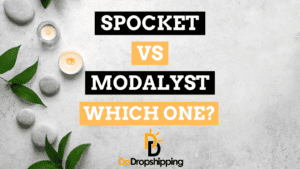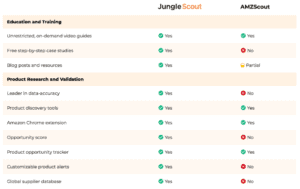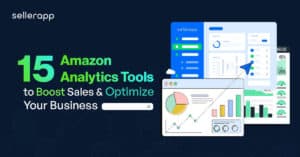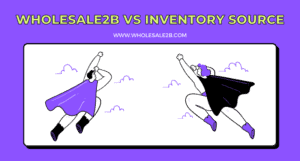Product Sourcing: Building a Strong Foundation for Ecommerce Success
In the competitive world of ecommerce, finding the right products to sell is crucial to the success of any business. Product sourcing, the process of finding and obtaining products to sell, is essential for driving profitability, ensuring product quality, and establishing relationships with suppliers. This article will explore the key strategies for product sourcing and how it can impact your ecommerce business.
Why Product Sourcing Matters
Product sourcing helps ecommerce businesses maintain a consistent supply of products while controlling costs, ensuring product quality, and fostering supplier relationships. Effective sourcing can significantly affect profit margins, customer satisfaction, and overall business success.
Key Benefits of Product Sourcing:
- Cost Control: Sourcing allows you to negotiate prices, find cheaper alternatives, or select premium products with higher profit margins.
- Quality Assurance: Working with trusted suppliers ensures that products meet your quality standards.
- Market Differentiation: By sourcing unique or niche products, businesses can stand out from competitors and attract a dedicated customer base.
- Inventory Management: Reliable sourcing ensures consistent stock availability, preventing supply chain disruptions.
Common Product Sourcing Methods
1. Wholesale
Buying in bulk from wholesalers is one of the most traditional ways to source products. Wholesalers buy large quantities of goods directly from manufacturers and resell them to retailers at a lower price.
- Advantages: Lower product costs due to bulk buying; established relationships with trusted suppliers.
- Challenges: Requires large upfront investment and physical storage space.
2. Dropshipping
With dropshipping, you partner with suppliers who ship products directly to your customers. This model eliminates the need to maintain inventory or handle shipping logistics.
- Advantages: Low overhead costs, no need for inventory, easy to start.
- Challenges: Lower profit margins and less control over shipping and customer experience.
3. Private Labeling
Private labeling allows you to source generic products from manufacturers and rebrand them as your own. This method is popular among businesses looking to build a unique brand presence.
- Advantages: Brand differentiation, higher profit margins.
- Challenges: Requires upfront investment in branding and packaging, and building a relationship with manufacturers.
4. Manufacturing
Some businesses choose to manufacture their own products. This method offers complete control over product design, quality, and production.
- Advantages: Full control over the product, exclusivity, potential for high profit margins.
- Challenges: High costs, complex supply chain management, and time-intensive.
Steps to Effective Product Sourcing
1. Market Research
Before diving into product sourcing, it’s essential to understand your target audience, their needs, and the competition. Tools like Google Trends and SEMrush can help identify popular product categories and market demand.
2. Supplier Research
Whether you choose to work with wholesalers, dropshippers, or manufacturers, finding reliable suppliers is crucial. Platforms like Alibaba, ThomasNet, and SaleHoo offer extensive databases of suppliers, complete with customer reviews and product catalogs.
3. Negotiate Terms
Once you identify potential suppliers, negotiate terms such as price, shipping, and payment conditions. Ensure that these terms align with your business goals and allow you to maintain healthy profit margins.
4. Test Products
Before committing to a large order, request product samples from your supplier. This allows you to assess product quality and make necessary adjustments before introducing the product to your store.
Tools to Simplify Product Sourcing
- Alibaba
One of the largest online platforms for finding manufacturers and suppliers, Alibaba allows you to source products globally at competitive prices. - Jungle Scout
A product research tool for Amazon sellers, Jungle Scout helps you identify trending products, research competitors, and find suppliers. - Spocket
Spocket connects ecommerce businesses with suppliers offering high-quality products for dropshipping. With Spocket, you can source products from both local and international suppliers. - Oberlo
Designed for dropshipping businesses, Oberlo integrates with Shopify and allows you to find products, add them to your store, and ship directly to customers. - AliExpress
Similar to Alibaba, AliExpress is a marketplace that connects ecommerce businesses with suppliers for product sourcing. It’s ideal for small businesses or dropshippers.
Conclusion
Product sourcing is an essential part of running a successful ecommerce business. By choosing the right sourcing methods, researching suppliers, and leveraging tools like Alibaba, Jungle Scout, and Spocket, you can ensure a steady supply of high-quality products while maximizing your profit margins. Whether you’re dropshipping, wholesaling, or manufacturing your own products, effective product sourcing will set your business up for long-term success.
FAQs
1. What is the best method for product sourcing?
- The best method depends on your business model and resources. Dropshipping is ideal for low-investment startups, while private labeling or manufacturing suits businesses looking for brand exclusivity.
2. How can I find reliable suppliers?
- Use platforms like Alibaba, SaleHoo, or ThomasNet to find suppliers. Always check reviews, request samples, and negotiate terms to ensure reliability.
3. Is dropshipping profitable?
- Dropshipping can be profitable with the right product selection and marketing strategy, but it typically offers lower profit margins compared to wholesale or private labeling.
4. How do I ensure product quality when sourcing internationally?
- Request samples before placing large orders and work with suppliers who offer clear quality control measures.
5. Should I start with wholesale or dropshipping?
- Dropshipping is a low-risk option for new businesses with minimal investment, while wholesale requires more upfront capital but offers better control over margins.
Top Tools to Simplify and Scale Product Sourcing
- Alibaba
- A global platform for finding manufacturers and suppliers with competitive prices.
- Spocket
- Connects ecommerce businesses with dropshipping suppliers offering high-quality products.
- Jungle Scout
- A powerful tool for Amazon sellers, offering insights into trending products and supplier options.
- Oberlo
- A Shopify-integrated tool that simplifies dropshipping by sourcing products and shipping directly to customers.
- SaleHoo
- A supplier directory that connects ecommerce businesses with wholesalers and manufacturers.
Keywords: product sourcing, dropshipping, wholesale suppliers, Alibaba, Jungle Scout, Spocket, ecommerce, private labeling, supplier research

